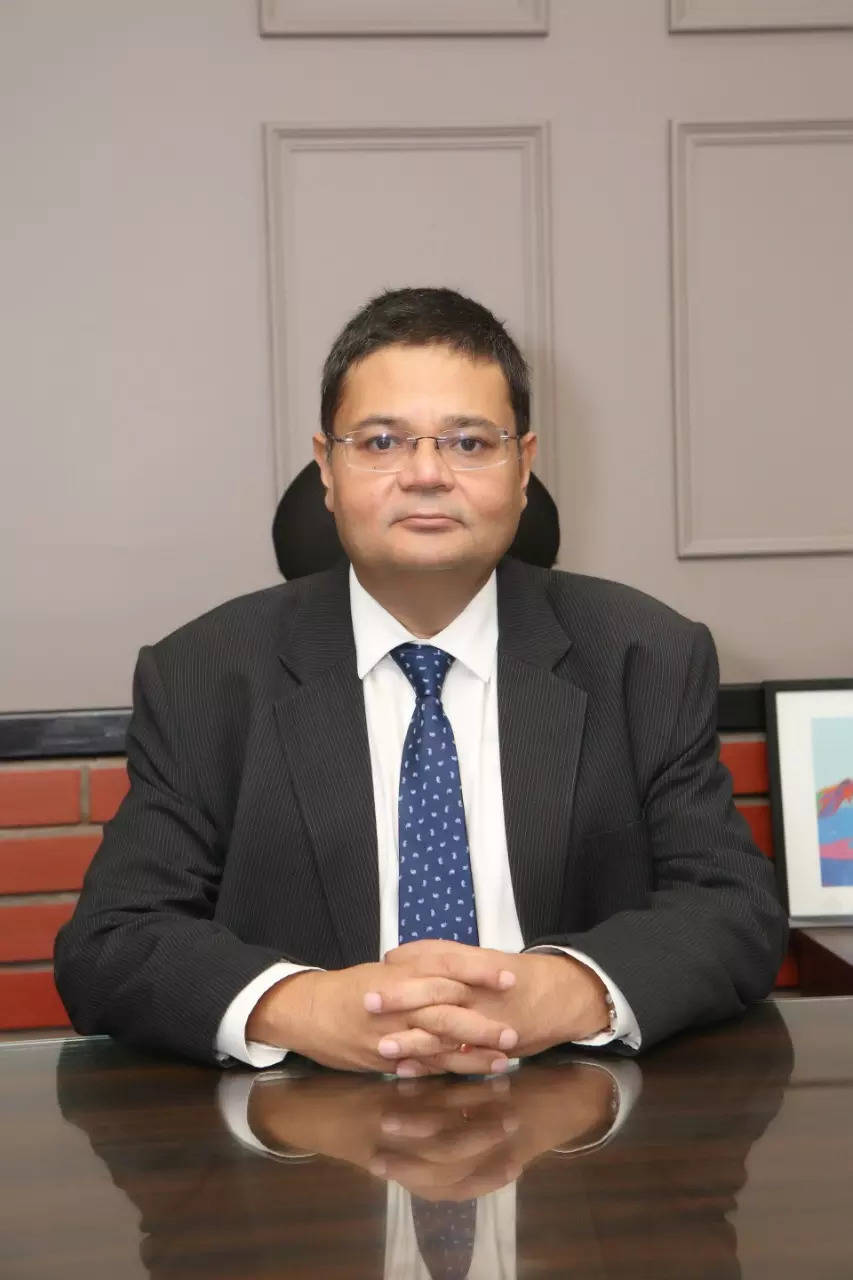
As the summer season gains it peak, the travel industry is bracing for a surge in demand, particularly for spiritual and luxury travel destinations. ET Travel World had the opportunity to interview Amit Dutta, Managing Director of Hunch Mobility, to discuss the company’s preparations and strategies to meet this anticipated influx, and to delve into the evolving landscape of short-haul mobility in India.
Hunch Mobility is proactively expanding its presence across India to cater to the rising demand for spiritual and luxury travel destinations. “Recognising the heightened interest in these types of experiences, we are diligently expanding our presence across India to establish connections with more destinations,” Dutta shared. This strategic expansion aims to ensure seamless travel experiences for customers seeking these unique journeys.
Positioning for growth in short-haul mobility
The Indian short-haul mobility market is projected to reach USD 10 billion by 2025, and Hunch Mobility is strategically positioning itself to capitalise on this growth. Dutta explained, “We’re pioneering the utilization of rotary craft in GIFT City, potentially enabling us to leverage exceptional fiscal benefits through craft leasing. We plan to directly reinvest these benefits into our pricing model, facilitating affordable by-the-seat ticketing.” This approach aims to democratize the market, making air travel more accessible to a broader customer base.The demands and expectations of High Net Worth Individuals (HNIs) have evolved significantly, with a growing emphasis on convenience and efficiency. “During the COVID-19 pandemic, we observed a notable surge in demand for charters and scheduled routes, primarily driven by safety concerns. However, this trend has persisted beyond the pandemic as travellers have become accustomed to the overall efficiency and seamlessness that charters and short-haul air mobility offer,” Dutta noted. Hunch Mobility’s helicopter flights connecting Bangalore to Coorg and Kabini are prime examples of this trend, reflecting travellers’ preference for swift and hassle-free transportation options.Urban traffic congestion is a perennial issue, and Hunch Mobility is implementing innovative strategies to alleviate these woes. Building on its successful launch in Bangalore, the company is exploring opportunities to introduce intra-city routes in other urban centres and targeting congested highway routes like Mumbai-Pune. “However, such initiatives require approval from the Ministry of Civil Aviation (MOCA) to establish dedicated air corridors and prevent delays,” Dutta emphasized.
Hunch Mobility is also poised to become a pioneer in deploying electric aircraft, which promise low noise, minimal carbon footprint, and cost-effective fares. “We’ve entered into memorandums of understanding (MOUs) with industry leaders such as Beta, Eva, Jaunt, and Skyports, demonstrating our commitment to developing the electric aircraft ecosystem in India,” Dutta said.
Hunch Mobility focuses on expanding BLADE’s by-the-seat services across India, with a comprehensive roadmap for nationwide expansion. This initiative aims to cater to diverse travel needs and enhance accessibility to premium air mobility solutions.
The perception of short-haul tourism has significantly shifted, with increased accessibility and broader recognition of the efficiency and value of air mobility solutions. Dutta highlighted, “The contrast between spending 4-5 hours on the road versus a quick 60-minute flight has become a compelling factor driving adoption.” The introduction of low-cost routes, such as the Bangalore airport to city center service starting at 4,000 rupees, has further democratized air travel, making it accessible to a wider audience.
Challenges & opportunities?
Post-pandemic, the urban air mobility segment faces challenges such as higher travel costs associated with traditional helicopter crafts. However, Hunch Mobility’s establishment in GIFT City aims to address this by leveraging fiscal benefits to enhance affordability and accessibility. The introduction of electric craft presents significant opportunities, offering reduced noise and lower operating costs. “Hunch Mobility is actively collaborating with MOCA to develop a roadmap for electric aircraft, encompassing the regulatory framework for EVs, the establishment of vertiports, and the implementation of Unmanned Aircraft Traffic Management (UATM) systems,” Dutta explained.
Looking ahead, Hunch Mobility is focusing on piloted electric crafts, marking a significant step towards sustainable air travel. Concurrently, research and development efforts are directed towards the advancement of autonomous electric craft, with a long-term vision of introducing personal air taxis. The company is also engaged in plans to establish a network of vertiports nationwide to support the burgeoning electric vertical aircraft (EVA) ecosystem. These vertiports will facilitate efficient and accessible urban air mobility.




